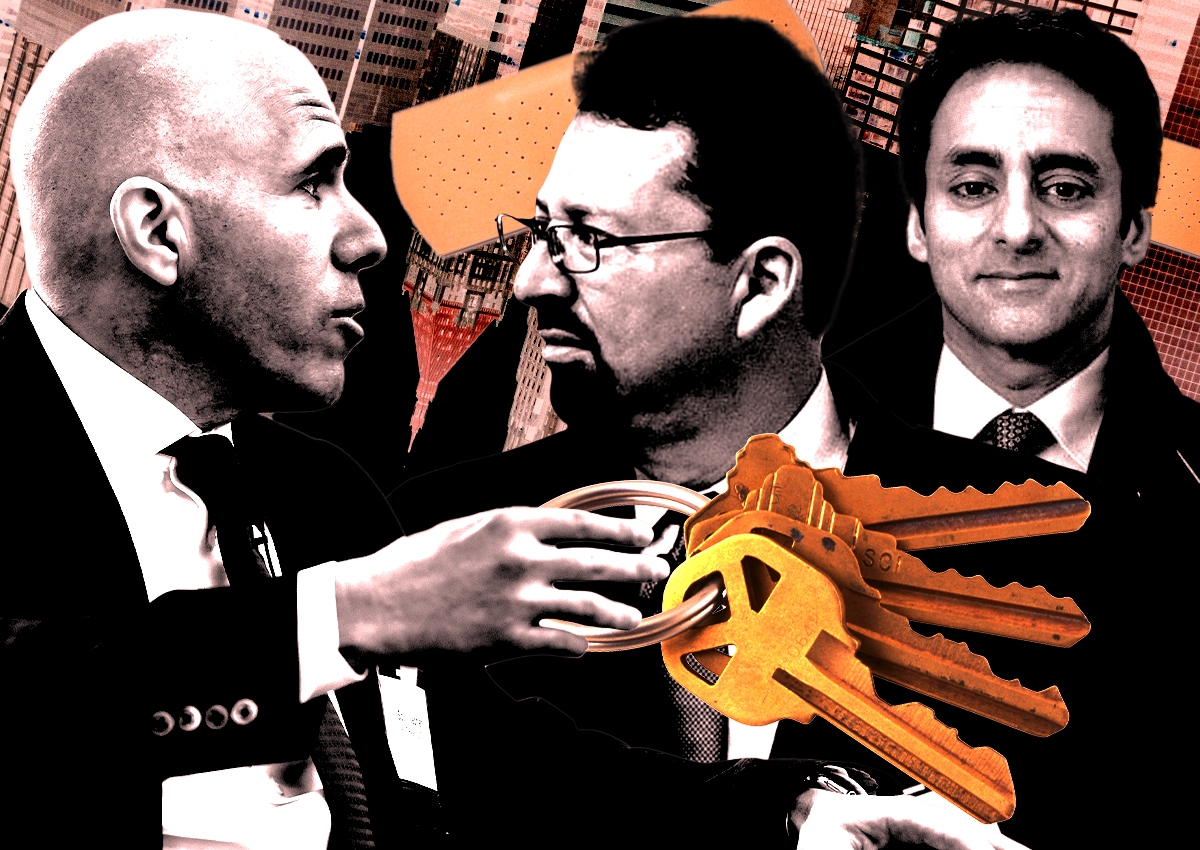Where many downtown office landlords and lenders see distress, Carlyle Group co-chair David Rubenstrein sees possibility.
Rubenstein deemed commercial real estate debt in downtown office buildings as “the best single investment that I know of today,” according to comments at an event this week reported by Bisnow.
An enormous amount of factors are dragging down the office market, including high interest rates and lower occupancy in a post-pandemic world. Researchers from New York University and Columbia University estimate the average value of an office building in New York City will plummet 44 percent from 2019 to 2029.
If banks are more willing to sell the debt than take control of properties when the time comes due, the discounts for those willing to stomach the short-term hit could be significant.
“Most developers or owners of real estate in downtown office buildings are going to play a game of chicken,” billionaire investor Rubenstein said.
Eventually, the buildings will be hit with a massive discount, Rubenstein said, bigger than “anything we’ve seen since the Great Recession.”
“That’s going to be a great business,” Rubenstein said.
Banks have a history of employing an extend-and-pretend strategy to kick the can down the road on troubled debt. As it becomes clear that some office assets are going to be difficult to turn around, however, more are ripping off the Band-Aid and trying to ditch debt altogether.
“It’s an unenviable scenario, to end up with a Class B or C office building,” Sam Chandan, director of NYU’s Institute of Global Real Estate Finance, said on a recent episode of The Real Deal’s Deconstruct podcast. “That’s not necessarily the outcome any lender is looking for.”
A bank may sell distressed loans for pennies on the dollar so it can get rid of the debt. The buyer is usually able to come in at a discount compared to what’s owed on the loan, then either initiate a workout or foreclose on the asset tied to the loan.
It’s not exactly a booming market yet. Mark Edelstein, co-chair of law firm Morrison Foerster’s distressed real estate group, recently told TRD he had a broker shop a distressed office property loan in Boston. None of the 150 potential buyers approached bid on the debt.
— Holden Walter-Warner
Read more



